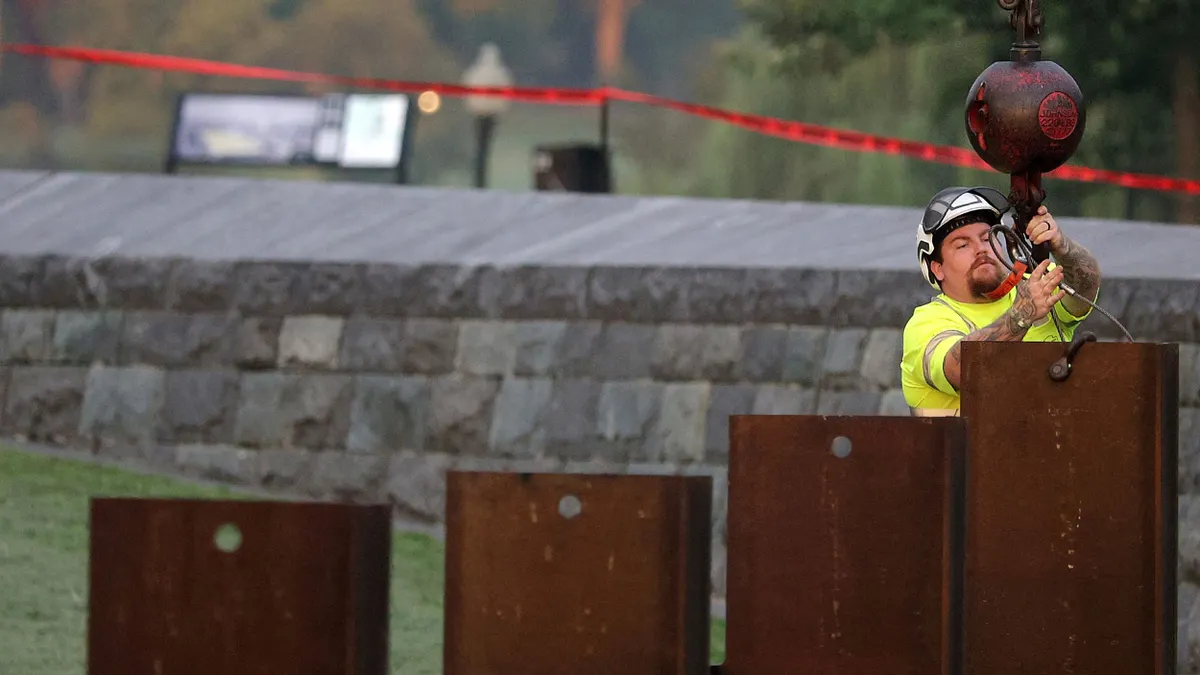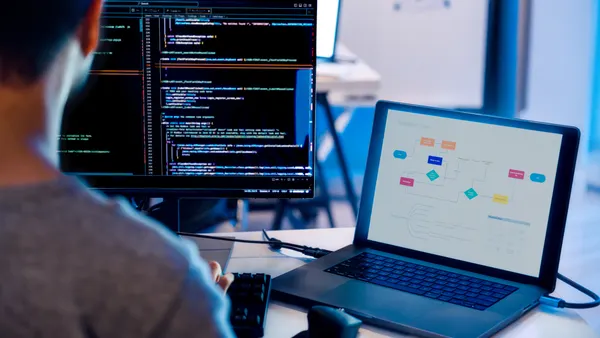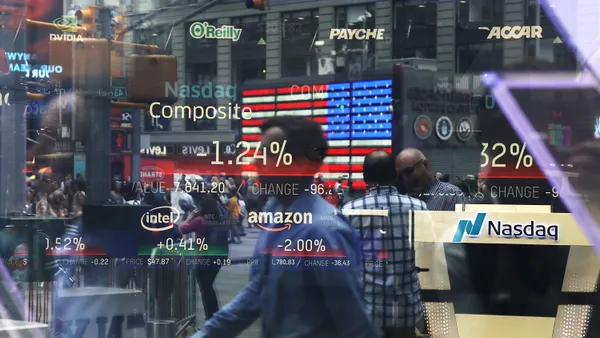Emily Dickens is chief of staff and head of government affairs for SHRM.
America’s skills pipeline is broken — and the leaks are widening.
Too many of our schools and training programs are still preparing students for yesterday’s jobs instead of tomorrow’s careers. What once was a manageable inconvenience for employers is now a looming crisis. If we don’t act, we risk losing an entire generation of talent.
The consequences are clear: weaker companies, diminished competitiveness, skyrocketing social costs and deeper political strain in an already polarized era. But this isn’t inevitable. We can rebuild the pipeline by focusing on skills — not just degrees. A diploma can no longer be seen as the first and last credential in a career. Continuous reskilling and adaptation must become the norm, especially as artificial intelligence reshapes the world of work.
This requires bold action from every sector. Schools must embed career-ready skills into curricula. Employers must expand internships, apprenticeships and other work-based learning to open doors for first jobs and long-term careers. Hiring itself must evolve — skills and adaptability should outweigh where someone studied or what’s on their resume.
Policy has to keep pace. That’s why we champion initiatives like the Youth Workforce Readiness Act, the Connecting Small Businesses with Career and Technical Education Graduates Act, and the reauthorization of WIOA. But solutions won’t look the same everywhere; state and local leaders must tailor strategies to their own industries and communities.
At SHRM, we’re advancing this work through our E² (Education-to-Employment) initiative, connecting HR leaders, educators and policymakers to modernize the talent pipeline. Many efforts have been made to address workforce challenges, but too often HR — the function closest to the heartbeat of the workforce — was not included. HR’s voice is critical; we understand the full employee journey, from onboarding through ongoing development. Our perspective ensures solutions are practical and scalable.
Change on this scale will be disruptive. But it will also unlock unprecedented opportunity, lowering barriers to new jobs and careers. America has faced workforce challenges before, but never one so sweeping. The difference today is that we have the knowledge, tools, and resources to meet it head-on.
If we patch the leaks in our talent pipeline, it can once again propel our people — and our economy — to lead the world.














